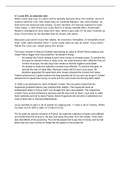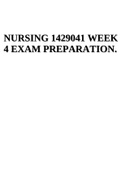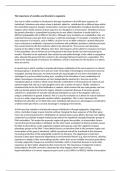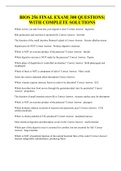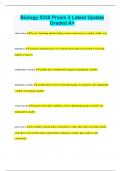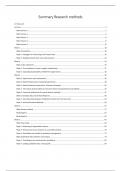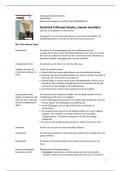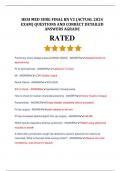Samenvatting
Samenvatting-geschiedenis-hoofdstuk 4-Franse Revolutie uitgelegd-2vwo-Phoenix - TTO (engels)
Deze mooie samenvatting legt de oorzaken, aspecten en de redenen uit van de franse revolutie. Ik heb zelf veel positieve reacties op deze samenvatting teruggekregen van klasgenoten. De samenvatting is in het engels want de methode is in het engels. In deze samenvatting zijn de begrippen gemarkeerd ...
[Meer zien]
